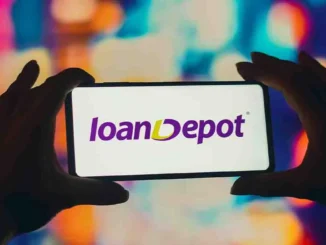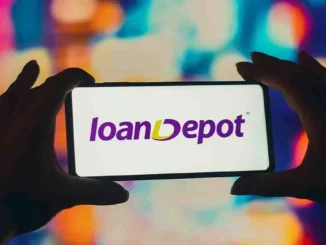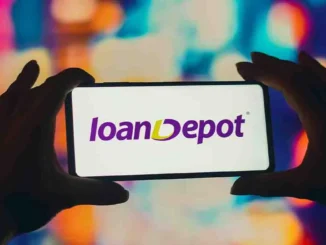
Nonbank California lender loanDepot will start moving some of its backend operations to Black Knight‘s cloud-based version of the Empower loan origination system this year as the firm continues its efforts to cut costs.
Black Knight’s loan origination system will complement and integrate with loanDepot’s proprietary technology system, mello, which rolled out in 2017, Black Knight said on Thursday. The goal is for loanDepot to improve loan processing cycle times, easily implement product upgrades and new version releases.
“loanDepot will now be able to further leverage the skills and capabilities of Black Knight throughout its backend operations, increasing customer and originator satisfaction, operational efficiency, and loan quality, all while driving down its overall cost to produce,” Black Knight said in a prepared statement.
With the migration planned for mid-2023, the conversion is expected to be complete in 2024.
The partnership aligns with loanDepot’s Vision 2025 strategic plan and will “change the way we run our originations operations, improving speed to closing and quality while also realizing substantial savings,” loanDepot president and CEO Frank Martell said in a statement.
In July 2022, the California lender rolled out a program dubbed “Vision 2025” that will reportedly save between $375 million and $400 million annualized, including reducing workforce, process optimization, real estate consolidation and cutting marketing and third-party spending.
As part of the Vision 2025 program, loanDepot announced plans to cut 4,800 jobs — reducing its headcount to 6,500 by the end of 2022.
loanDepot had a tough year in 2022 and its struggles are far from over.
The seventh-largest lender ditched its wholesale channel after reporting a $223 million loss in the second quarter amid intensified competition in the broker space, primarily from United Wholesale Mortgage, which started a price war by cutting 50 bps across all loans last summer.
Loan origination volume dropped to $9.8 billion in its latest third quarterly earnings, declining by 30% from $13.9 billion in the third quarter of 2021. In the fourth quarter, executives expect production to decline further, with origination volume dropping to between $4 billion and $7 billion.
Amid shrinking origination volume and rising rates, the lender pivoted to diversifying its less interest-rate sensitive mortgage products. In November, loanDepot launched its home equity line of credit (HELOC) product that gives homeowners access up to $250,000 of equity through a 10-year interest-only line of credit followed by a 20-year variable repayment term with no prepayment penalty.
The firm has also been making changes to its credit line agreement with its warehouse lenders going into 2023.
Nexbank, which has been extending lines of credit to loanDepot since 2014, adjusted the revolving credit note to $200 million from $268 million in the previous year, and Signature Bank added options to increase the revolving credit line to $500 million.
In 2022, loanDepot terminated a master repurchase agreement (MRA) with J.V.B. Financial Group and scaled back an MRA with Jefferies Funding.
As of the end of the third quarter, the California lender’s total funding capacity with its lending partners decreased by 42.4% to $5.7 billion from the previous quarter’s $9.9 billion.



